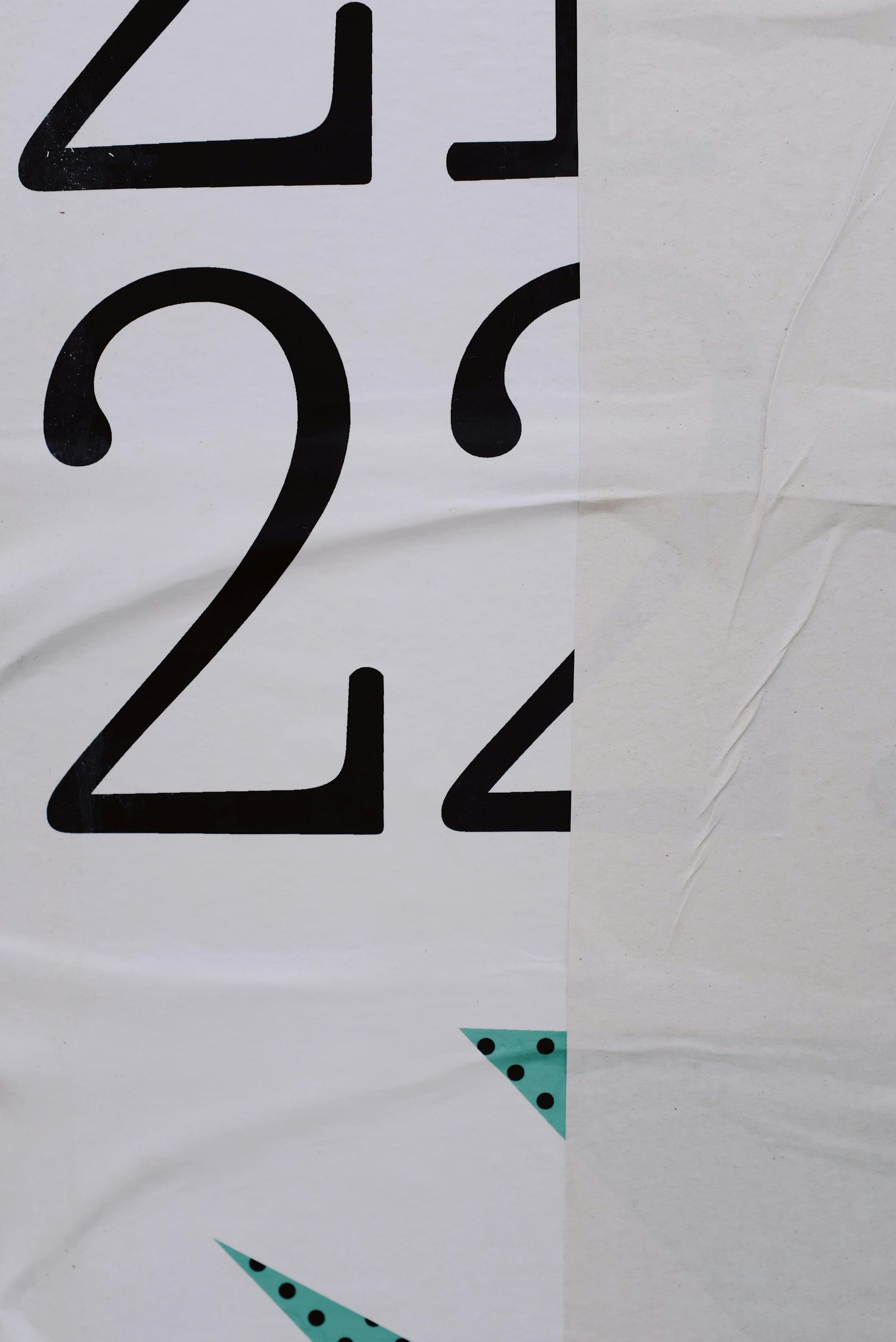Credit Card Tips: Using Plastic Wisely
You’ve got a credit card, and with it comes the power to manage your finances smartly. “Credit Card Tips: Using Plastic Wisely” is your guide to navigating the ins and outs of credit card usage. You’ll learn the best practices for avoiding debt, maximizing rewards, and securing your financial future by making informed decisions every time you swipe. Let these tips empower you to use your credit card as a tool for growth, rather than a pitfall.
Credit Card Tips: Using Plastic Wisely
Have you ever found yourself wondering how to use your credit card wisely? With so many people mismanaging their credit cards and ending up in debt, it’s a vital question to ask. Don’t worry; you’re not alone. Managing credit cards can sometimes feel like navigating a maze, but with the right tips and a friendly helping hand, you can turn your plastic into a powerful financial tool.

What is a Credit Card?
A credit card is a financial product that allows you to borrow funds from a lender to purchase goods and services up to a certain limit, known as the credit limit. It comes with the promise that you will pay it back, usually with interest if you carry a balance.
How Does a Credit Card Work?
Understanding the ins and outs of how credit cards work can make a world of difference. When you swipe your card, the credit card issuer pays the merchant on your behalf. You then receive a bill for the amount you owe. If you pay your balance in full each month, you often don’t have to pay interest. However, if you carry a balance, you’ll be charged interest on that amount.
Types of Credit Cards
Not all credit cards are created equal. There are different types tailored to various needs and financial situations.
- Standard Credit Cards: Basic cards with no frills or rewards.
- Rewards Credit Cards: Offer points, miles, or cash back for purchases.
- Secured Credit Cards: Require a security deposit and are often used to build or rebuild credit.
- Student Credit Cards: Designed for college students with little to no credit history.
- Business Credit Cards: Tailored for business expenses and often come with business-related perks.
Benefits of Using a Credit Card
You might be wondering, why use a credit card at all? Well, credit cards come with a variety of advantages that can help you manage your finances and more.
Convenience and Security
Credit cards are incredibly convenient. You don’t have to carry large sums of cash, and they are accepted almost everywhere. If your card is lost or stolen, you can report it and avoid liability for fraudulent charges.
Building Credit
One of the biggest benefits is the ability to build your credit history. Using a credit card responsibly by paying your bills on time and keeping your credit utilization low can significantly boost your credit score.
Rewards and Benefits
Many credit cards offer rewards programs that can earn you cash back, travel points, or other perks. Some cards also offer additional benefits like travel insurance, purchase protection, and extended warranties.
Risks of Using a Credit Card
While credit cards offer many advantages, they come with risks that should not be overlooked.
Accumulating Debt
One of the biggest risks is accumulating debt. It’s easy to lose track of your spending and end up with a balance that you cannot pay off at the end of the month. This can lead to high interest charges and a debt spiral.
Interest Rates
Credit cards typically come with high interest rates, especially if you only make the minimum payments. These rates can quickly add up, making it difficult to pay off your balance.
Impact on Credit Score
Mismanaging your credit card can harm your credit score. Late payments, high credit utilization, and delinquency can all negatively impact your score, making it harder to secure loans or get favorable interest rates in the future.
Tips for Using Your Credit Card Wisely
Now that you know the benefits and risks, let’s dive into some practical tips to help you use your credit card wisely.
Track Your Spending
Keeping track of your spending is crucial. Use apps, spreadsheets, or even the old-fashioned pen and paper to monitor your purchases.
Pay Your Balance in Full
Whenever possible, try to pay off your balance in full each month. This way, you can avoid interest charges and keep your spending in check.
Understand Your Interest Rates
Be fully aware of your credit card’s interest rate. This includes the annual percentage rate (APR) and any penalty rates for late payments. Knowing this information can motivate you to pay off your balance faster.
| Interest Rate Type | Description |
|---|---|
| APR (Annual Percentage Rate) | The main interest rate applied to your balance. |
| Penalty APR | Higher rate applied after a late payment or other default. |
| Introductory APR | Lower rate offered initially, which increases after a set period. |
Keep Your Credit Utilization Low
Credit utilization refers to the ratio between your credit card balance and your credit limit. Aim to keep this ratio below 30%. For example, if your credit limit is $1,000, try not to carry a balance higher than $300.
Set Up Automatic Payments
Setting up automatic payments ensures that you never miss a due date. Most banks and credit card issuers offer this feature, which can help you avoid late fees and interest charges.
Monitor Your Statements
Review your credit card statements each month. Look for any unauthorized charges and report them immediately. Monitoring your statements can also help you keep track of your spending and budget better.
Use Rewards Wisely
If your credit card offers rewards, use them smartly. Don’t make unnecessary purchases just to earn rewards. Instead, use rewards to supplement your current spending habits.

Common Credit Card Mistakes to Avoid
Even with the best intentions, it’s easy to make mistakes with credit cards. Here are some common pitfalls to watch out for.
Making Minimum Payments Only
Paying only the minimum amount due may seem convenient, but it can lead to massive interest charges over time. Always try to pay more than the minimum to reduce your balance faster.
Ignoring the Fine Print
It’s essential to understand the terms and conditions of your credit card. Ignoring the fine print can lead to unexpected fees and higher interest rates.
Applying for Too Many Cards
Each time you apply for a credit card, it results in a hard inquiry on your credit report, which can temporarily lower your credit score. Applying for too many cards in a short period can be a red flag for lenders.
Building Good Credit Habits
Developing good credit habits can set you up for long-term financial success. Here’s how you can build and maintain a good credit score.
Pay on Time
Consistently paying your bills on time is one of the most important factors in building good credit. Late payments can severely damage your credit score.
Manage Your Credit Mix
Lenders like to see that you can handle a variety of credit types, such as credit cards, auto loans, and mortgages. Having a good credit mix can positively impact your credit score.
Periodically Review Your Credit Report
Checking your credit report regularly can help you spot errors or signs of identity theft. You’re entitled to a free credit report from each of the major credit bureaus once a year.

How to Handle Credit Card Debt
If you find yourself in credit card debt, don’t despair. There are strategies you can use to get back on track.
Create a Debt Repayment Plan
One of the first steps is to create a debt repayment plan. Decide how much you can afford to pay each month and stick to it.
| Method | Description |
|---|---|
| Snowball Method | Focus on paying off the smallest debt first while making minimum payments on the others. |
| Avalanche Method | Focus on paying off the debt with the highest interest rate first while making minimum payments on others. |
Consider a Balance Transfer
Some credit cards offer low or 0% interest on balance transfers for a limited time. Transferring your balance to one of these cards can save you money on interest and help you pay off your debt faster.
Seek Professional Help
If you’re overwhelmed by your debt, consider seeking help from a credit counseling agency. They can offer advice and help you create a debt management plan.
What to Do If Your Credit Card is Lost or Stolen
Losing your credit card can be stressful, but taking quick action can minimize any potential damage.
Report It Immediately
Contact your credit card issuer as soon as you realize your card is lost or stolen. They can block your card and issue a new one.
Monitor Your Account
Keep a close eye on your account for any unauthorized charges. Report any suspicious activity to your card issuer immediately.
Update Your Information
If you have automatic payments set up with your lost or stolen card, make sure to update those with your new card information.

Conclusion
Using a credit card wisely involves understanding its benefits and risks, practicing good habits, and being aware of common pitfalls. By tracking your spending, paying off your balance in full, keeping your credit utilization low, and monitoring your statements, you can make your credit card work for you instead of against you. Remember, credit cards are powerful tools that, when used responsibly, can enhance your financial life. So go ahead, take control of your plastic, and make it work to your advantage!
And there you have it—more than just tips, but a complete guide to using your credit card wisely. Take these strategies to heart, and you’ll be well on your way to mastering the art of credit card management.
